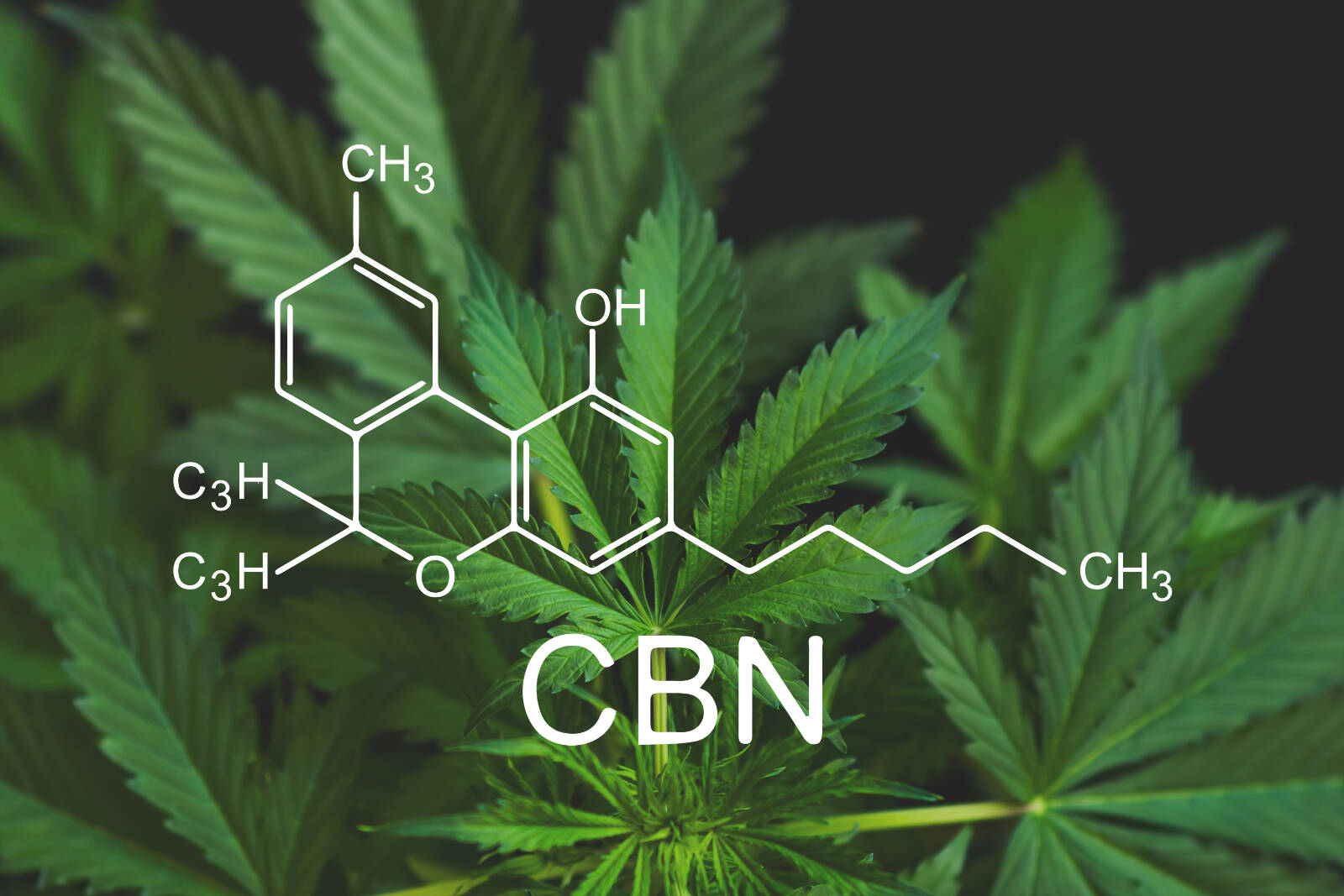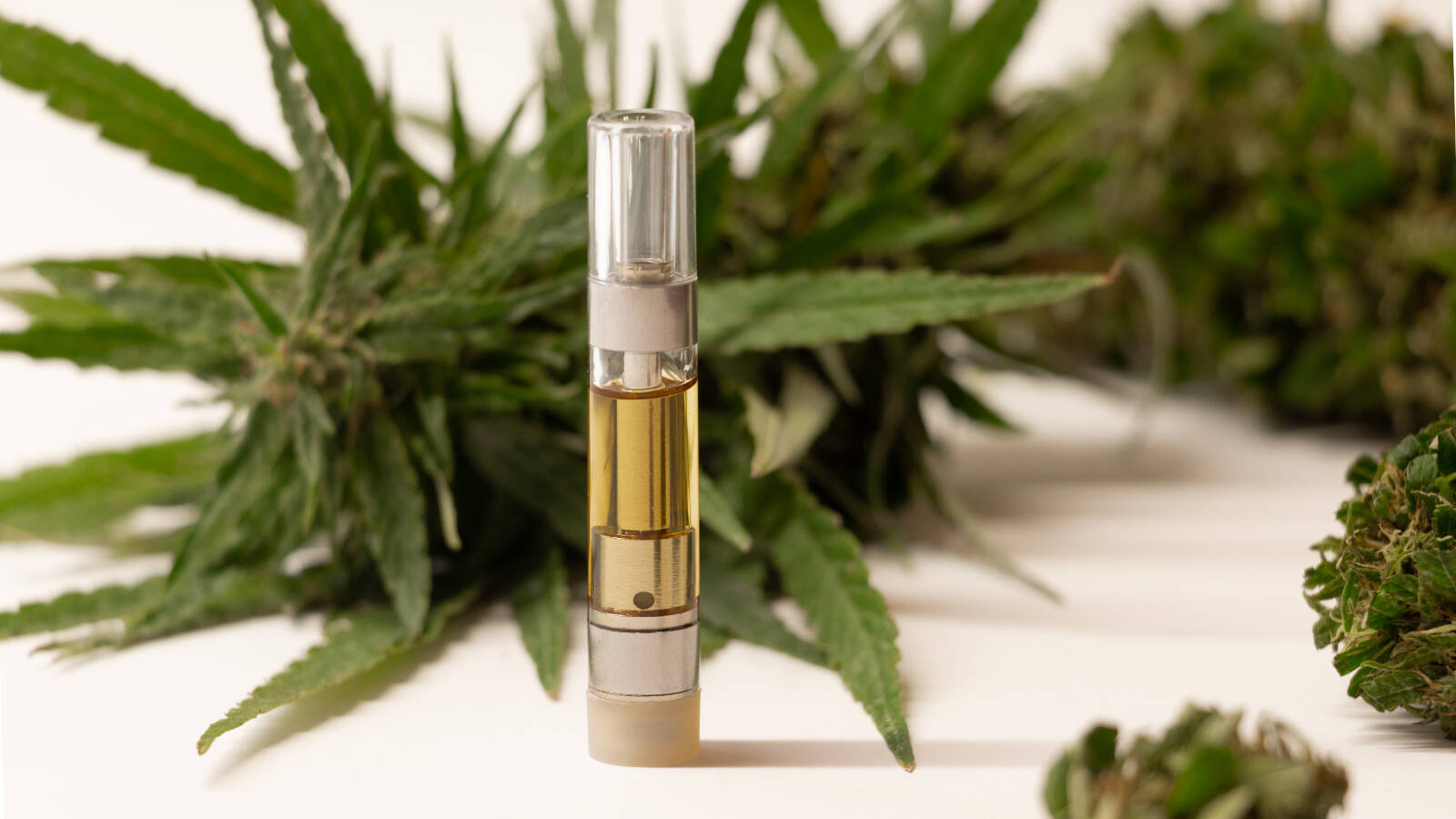Every week that goes by seems to bring a trendy, new cannabinoid hitting the market that most people have never heard of.
With experienced and most new users just being accustomed to THC and CBD, these new acronyms add confusion to dispensaries’ already bloated atmosphere of products.
Prepare for more acronyms than a military briefing as we break down the similarities and differences of the two cannabinoids we know, along with CBN, Delta-8, and CBC.
First, what are cannabinoids? Health Canada explains that of the many chemical substances found in cannabis, more than 100 are known as cannabinoids. “Cannabinoids are made and stored in the plant’s trichomes…tiny, clear hairs that stick out from the flowers and leaves of the plant. Cannabinoids have effects on cell receptors in the brain and body. They can change how those cells behave and communicate with each other.”
What are some of the ‘new’ cannabinoids
CBN: Of the 100+ cannabinoids found in cannabis, CBN is being seen more and more in Canadian dispensaries. CBN can be described as a less potent version of THC, with most agreeing its effects are around 25 per cent of the effects of THC.
When THC ages inside the plant, it breaks down and leads to the formation of CBN. CBN shares many of the same medicinal qualities as CBD, and while still being a milder psychoactive product, it’s important to remember to take it slow, as it will bring the same effects from over indulgence as THC.
A downside of CBN for some people is it’s almost only sold in the form of concentrate, most popular being vaporizer cartridges, and it’s usually combined with either CBD, THC or both, so double check to make sure you’re buying the right acronym – I mean cannabinoid.
CBC: The other popular cannabinoid being seen in Canada is CBC. While it may sound like our national broadcasting corporation, it is in fact derived from the cannabis plant.
CBC is non-psychoactive and shares many characteristics with CBD, but is found in topicals and concentrate products, similar to CBN. CBC is believed to be especially beneficial for health when combined with THC.
Known as the entourage effect, the two cannabinoids bind to separate receptors in the brain and work synergistically to increase the body’s level of naturally appearing cannabinoids. The health benefits of the entourage effects are still being fully studied, but suggested medical benefits of CBC alone include pain management, as for conditions such as inflammation, depression, acne and more.
Delta-8-THC: Found in both hemp plants and cannabis plants, Delta-8-THC, or simply just Delta-8, is another cannabinoid you may have heard of recently. “Delta-8” is a shorthand name to describe the chemical makeup of the cannabinoid, with regular THC actually being named “Delta-9 THC.”
As you may have guessed by the names, they’re very similar in chemical structure, with Delta-8 being less potent. While Delta-8 is found naturally in cannabis and hemp plants, it’s most commonly made in labs synthetically using CBD from hemp plants.
The grey area with Delta-8 is that it’s technically legal, so unlike regular Delta-9 THC, the process to synthesise it isn’t controlled or regulated. That means Delta-8 products are often found in stores that sell CBD products, not just dispensaries. Because of this, extreme care should be taken in vetting any Delta-8 products, and if what you’re looking for is a less strong form of THC it’s likely best to stick with a lower-strength THC, CBD or CBN.
The most important part of choosing between cannabinoids is tailoring them to your desired outcome and picking what works best for your unique situation. Whether that’s pain management, depression, or “needing” to devour an entire pumpkin pie by yourself in one sitting (ask me how I know), there’s a cannabinoid that can help!
To get the week’s latest must-read stories from the cannabis world direct to your inbox, sign up for our weekly newsletter at canadianevergreen.com. You can also follow us on Facebook, Instagram and Twitter.


